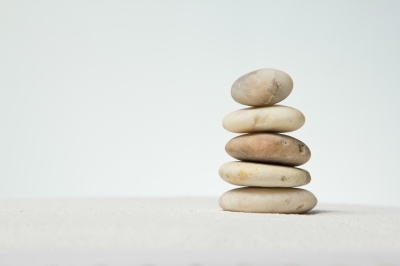How long has it been since you felt well-rested? If it took you longer to think of that than to remember the symptoms of SLE (thanks Picmonic!), then it’s been too long. Do you struggle to find the time to sleep? Do you get an adequate amount of sleep and not feel rejuvenated? Or do you experience the kingpin of annoying insomnia tricks where you fall into bed exhausted and then toss and turn for an hour or more unable to shut off your brain?
We know you’ve heard it before from parents and professors, but sleep really is vital. Picmonic’s study tools will improve the retention of study materials increasing your test scores, but you need sleep to solidify what you learn. In short, our unforgettable graphics and mnemonic devices can only do so much. According to Harvard Medical School, during sleep the brain goes through a process called memory consolidation, which solidifies new information, enhancing later test results. But how to get that elusive sleep? Here are four tips:
Knock it Off with the Vampire Status.

Who knew hitting the books all day in the University’s basement library could actually confuse your body? If your body doesn’t spend an adequate amount of time outside in the sunshine, it may not receive signals that it’s daytime and may begin to confuse its sleep and wake cycles. Especially if you’ve thrown it a curveball by pulling some all-nighters. To reset your body’s natural cycles, spend at least 30 minutes outside in the sun. Plus it will help with that ghostly pallor of your skin, Edward.
What Goes in, Plays Out.
In other words, what you put into your body will affect you and your sleep quality, sometimes hours or days down the road. Here are some simple rules to follow when it comes to sleep-supportive food habits:
- Don’t go to bed completely stuffed or hungry. (If you’re stuffed, a short walk may help ease this.)
- Eat small meals regularly throughout the day.
- Limit caffeine after lunch and stop drinking it entirely at least three hours before bed.
- Keep quick snacks on hand to reach for instead of that coffee cup.
- If you enjoy coffee for the ritual of it, fill your cup halfway with decaf.
- Nicotine is also a stimulant. Limit use of this before bed as well. Or just quit…
Find Your Zen.

In this crazy world of ours, it’s hard to find the stillness that the human mind and body crave. As children, we sit in wonder watching a butterfly flit across flowers or an ant lugging its loot back to the hill. When we’re very old, we rediscover this fascination with and delight in life. But don’t wait until you’re old and gray to give yourself moments of Zen. Take a yoga class, meditate for 15 minutes or even just sit for five minutes composing a mental gratitude list. Train your brain to relax and rejuvenate itself, and deeper, more restful sleep will follow.
Say Goodbye to Your Little Friend.

We had to end with this one, because it may be your least favorite, but arguably the most helpful. Our phones and computers have become a lifeline, and I’m asking you to let go of that lifeline…for the 30 minutes before you go to bed. That means no last-minute texting, playing games, flipping through your calendar or scrolling through Picmonic’s awesome Facebook page for a half hour prior to bed. This gives your brain time to wind down from the stresses of the day and detach from the impending stresses of the next day.
About the author: Jenna Lee Dillon writes about the topics that interest her most: food, women’s health, food, how to be a Super Brain Hero, food, travel, books and food. She was once called a Grammar Nerd and thought it was a compliment.













